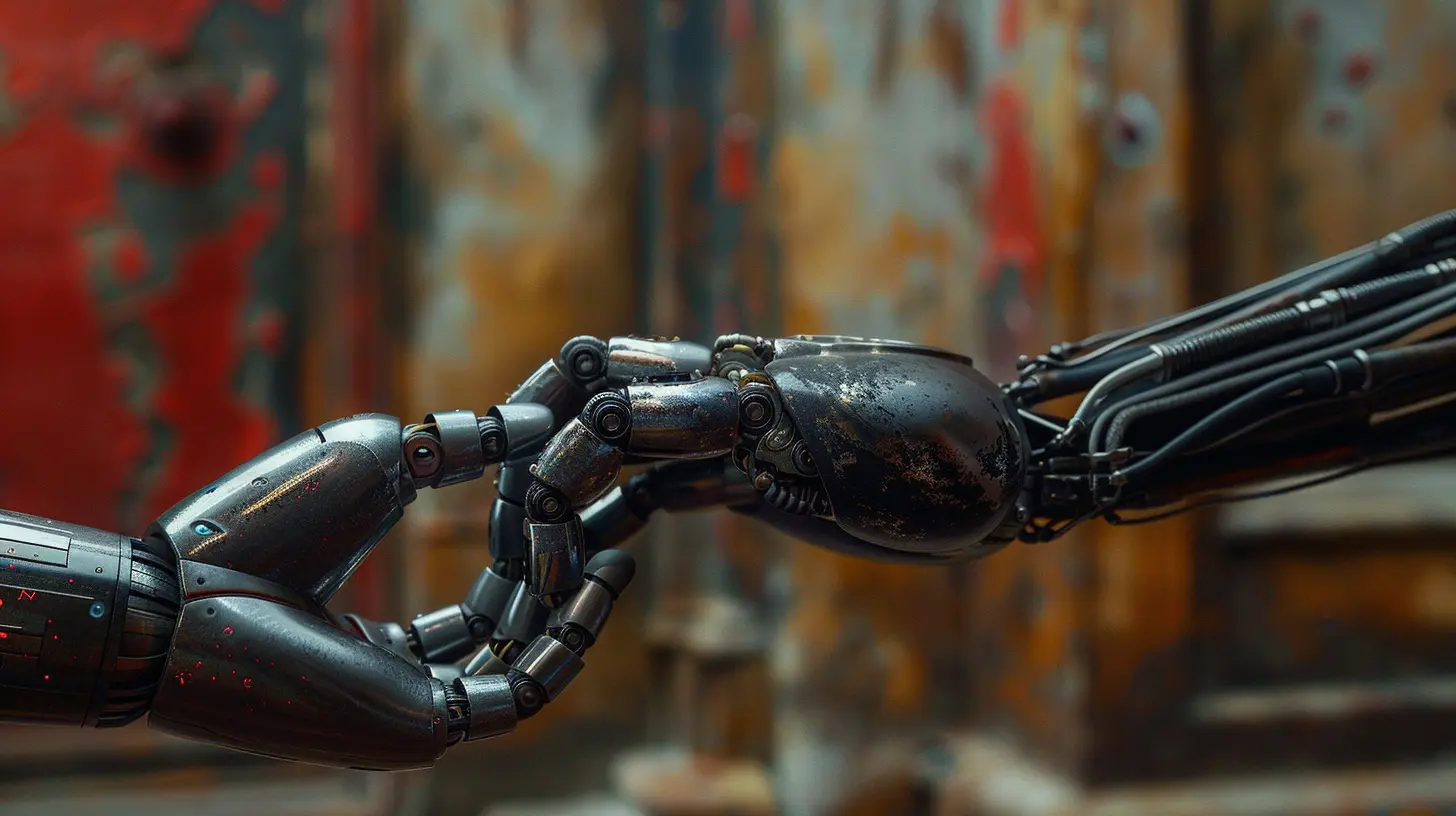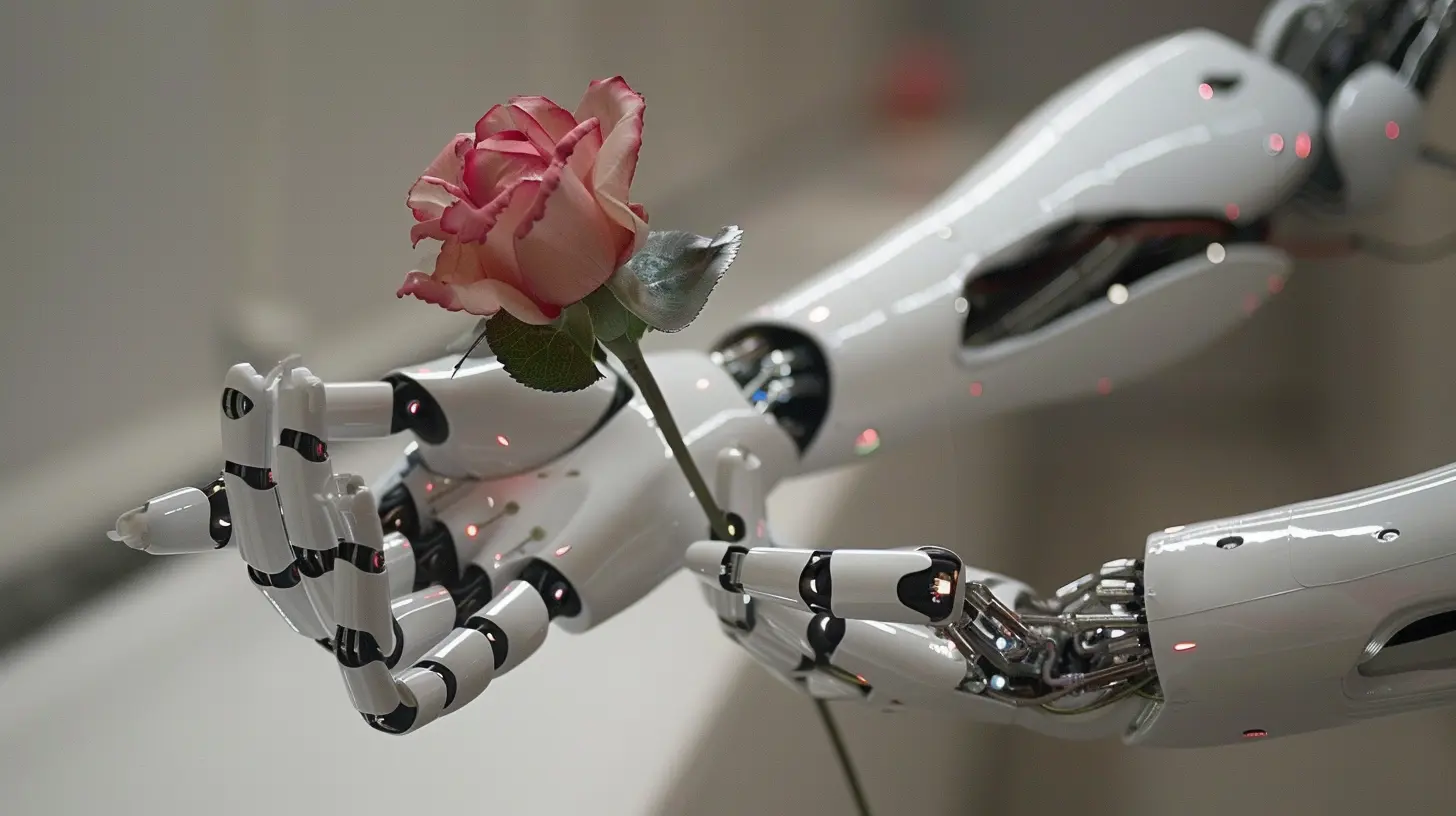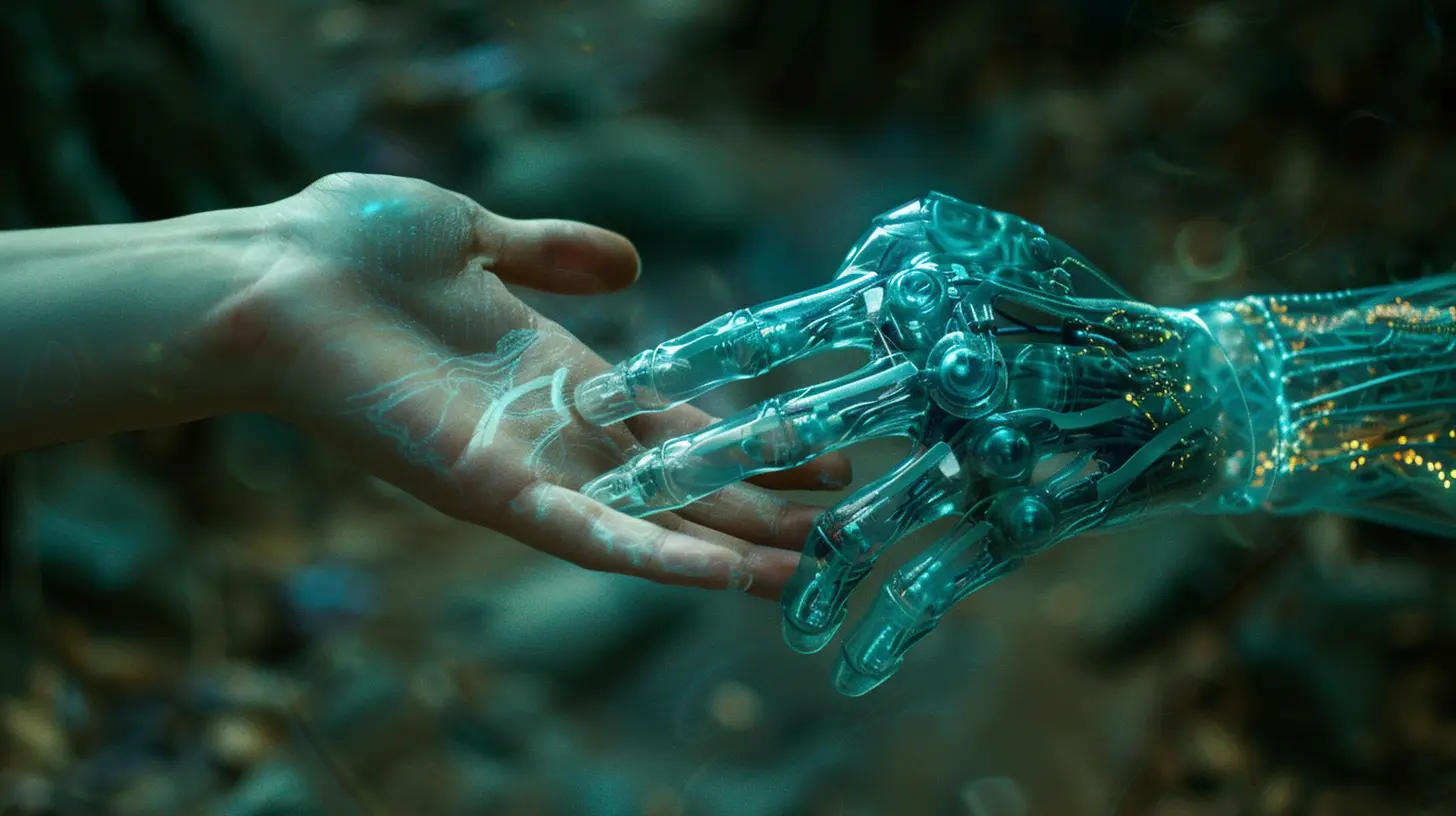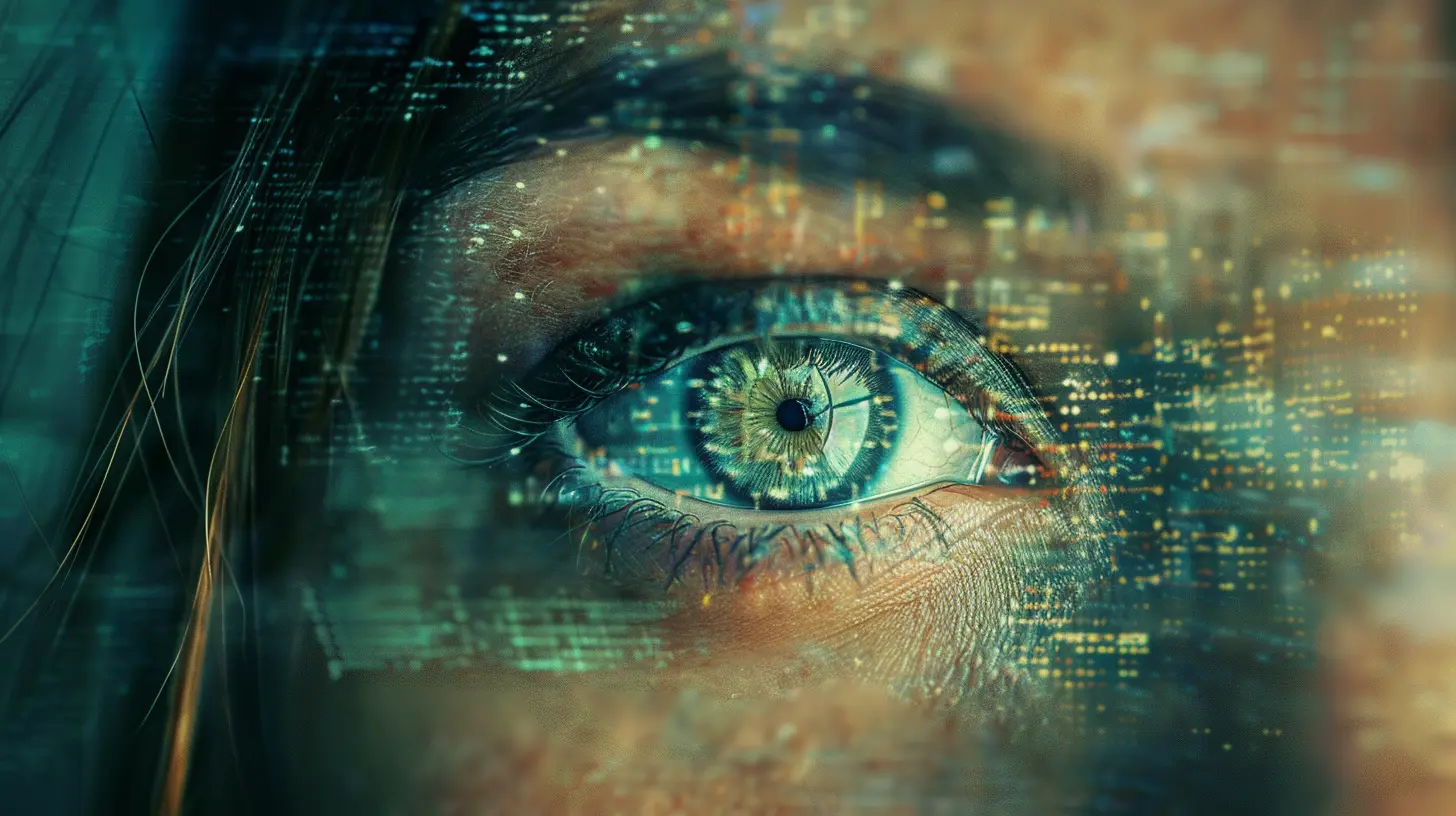AI and the Right to be Forgotten: Digital Ethics in the Age of Automation
21 May 2025
Introduction
Ever googled yourself and cringed at an awkward photo or an embarrassing tweet from years ago? Yeah, we’ve all been there. In an age where AI remembers everything and the internet never forgets, the idea of truly erasing our digital footprints feels almost impossible. But should it be?
That’s where the "Right to be Forgotten" (RTBF) comes in—a concept that gives people the legal right to request the removal of personal data from search engines and platforms. Sounds great, right? Well, throw artificial intelligence into the mix, and things get a little messier. Let’s unpack this digital dilemma and see how AI is reshaping our right to disappear online. 
The Right to be Forgotten: A Quick Refresher
The Right to be Forgotten isn’t some sci-fi fantasy—it’s a real legal principle, especially in places like the European Union. Thanks to laws like the General Data Protection Regulation (GDPR), individuals can request that search engines like Google remove certain kinds of personal data from search results.But while this law sounds like a dream come true for anyone with an embarrassing MySpace phase (yes, those still exist), it’s not that simple. Companies don’t just hit "delete" and make unwanted data vanish. They have to balance privacy rights with public interest, freedom of speech, and legal obligations.
Now, add AI into the equation, and you’ve got a whole new set of ethical challenges. 
How AI Complicates the Right to be Forgotten
AI systems don’t just store data—they process, analyze, predict, and even learn from it. This introduces some major hurdles when it comes to erasing personal information. Let’s break down the key issues:1. AI Doesn’t Just Store Data—It Learns from It
Imagine AI as a sponge. It soaks up huge amounts of data, recognizes patterns, and uses that information to improve its performance. Now, if a person requests to have their data erased, how do we deal with AI systems that have already learned from that data?It’s not as simple as deleting a file from your computer. AI algorithms might have ingrained patterns from the data they were trained on, making it nearly impossible to "unlearn" specific pieces of information. It’s like trying to un-bake a cake—once the ingredients are mixed in, good luck pulling them out.
2. AI Can Recreate "Deleted" Data
Even if we remove data from a search engine or database, AI can often reconstruct missing pieces based on other available information. This means that even if your embarrassing high school blog disappears from Google, AI-powered tools might still be able to piece together details about it from other sources.Think of it like a jigsaw puzzle—if AI has most of the pieces, it doesn’t need the missing one to figure out the full picture.
3. Who’s Responsible—Humans or AI?
Another ethical dilemma: If AI makes decisions based on stored data, who’s accountable when things go wrong?For example, let’s say an AI-powered background check tool pulls up outdated or false information about someone. If that person exercises their right to be forgotten, who ensures AI doesn’t continue using that incorrect data? The developer? The company? The government?
This gray area leaves room for legal battles and ethical debates—something lawmakers are still scrambling to figure out. 
Why AI Needs to Respect the Right to be Forgotten
We live in a world where our digital presence is almost as important as our real-world reputation. A single mistake—or worse, misinformation—can follow someone for years, affecting job opportunities, relationships, and mental well-being.The Right to be Forgotten isn’t just about erasing embarrassing moments—it’s about fairness, second chances, and digital dignity. And if AI is going to be a major part of our lives, it needs to respect that.
The Human Argument: Second Chances Matter
Let’s be honest—we’ve all done things we regret. Whether it’s a cringeworthy tweet, an outdated opinion, or a bad financial decision, people grow and change. Shouldn’t our digital history reflect that growth rather than haunting us forever?AI systems that hold onto outdated or irrelevant data risk limiting opportunities for people who have moved on from past mistakes. This is especially critical in areas like employment, finance, and even social relationships.
Misinformation and Wrongful Associations
AI is only as good as the data it’s fed. If incorrect or misleading data is stored in AI-powered systems, it can create false narratives about individuals. Imagine being mistakenly linked to a crime because of an AI error—how do you erase that from automated systems that keep regenerating data?Without proper safeguards, AI can perpetuate misinformation, making it nearly impossible for affected individuals to clear their names. 
Possible Solutions: Can AI Learn to Forget?
Okay, so if AI is notorious for remembering everything, can we teach it to forget? Turns out, researchers and tech giants are already working on solutions:1. Machine Unlearning
Think of this as AI’s version of selective amnesia. Machine unlearning is a technique where AI models can be trained to "unlearn" certain pieces of data, effectively making them forget what they previously knew about a subject. Cool, right?2. Federated Learning
This is a fancy way of saying AI learns on individual devices rather than pulling everything into a single massive database. This limits how much sensitive information AI systems retain in one place, making it easier to delete specific data when needed.3. Data Anonymization
Instead of storing identifiable personal data, AI can use anonymous or aggregated data to function. This ensures that even if AI processes information, it can’t be directly linked back to individuals.Striking the Balance: Privacy vs. Public Interest
While the Right to be Forgotten is essential, it’s not an absolute right. There are valid concerns about how far it should go:- Public figures and history – Should politicians, celebrities, or criminals be able to erase parts of their past just because they want to?
- Freedom of speech – At what point does deleting information become censorship?
- Legal and safety concerns – What if erasing certain data compromises security or law enforcement efforts?
These are tricky questions with no clear answers, which is why ongoing discussions around AI ethics and digital rights are so crucial.
Final Thoughts
The Right to be Forgotten is more important than ever in a world dominated by AI and automation. While AI complicates the process of erasing personal data, it’s not an impossible challenge—we just need the right balance of technology, ethics, and legal frameworks.At the end of the day, everyone deserves the chance to move forward without their digital past haunting them. Whether AI can truly learn to forget is still up for debate, but one thing’s clear: our right to control our own digital identity should always come first.
So, the next time you find yourself cringing at an old Facebook post, just remember—you're not alone in this fight for digital dignity. And who knows? Maybe, one day, AI will finally understand that sometimes, forgetting is just as important as remembering.
all images in this post were generated using AI tools
Category:
Ai EthicsAuthor:

Ugo Coleman
Discussion
rate this article
4 comments
Nadine Good
As we navigate the intersection of AI and digital ethics, prioritizing the Right to be Forgotten is essential. It empowers individuals, fosters trust, and ensures that automation respects our humanity and privacy.
June 10, 2025 at 4:47 AM

Ugo Coleman
Thank you for highlighting the importance of the Right to be Forgotten. It truly plays a crucial role in balancing technological advancement with individual privacy and trust.
Fern McCoy
AI and the Right to be Forgotten? Great! Now if only I could delete that embarrassing high school photo from my memory!
May 29, 2025 at 3:46 AM

Ugo Coleman
I understand the sentiment! While we can't erase memories, the right to be forgotten empowers individuals to manage their digital footprint more effectively.
Mariana McCaw
This article highlights the critical intersection of AI and digital privacy. The right to be forgotten is essential in ensuring ethical automation, safeguarding individual rights in an increasingly data-driven world.
May 23, 2025 at 2:52 AM

Ugo Coleman
Thank you for your insightful comment! I completely agree that the right to be forgotten is vital for protecting individual rights in our data-driven society.
Evelyn Martin
This article raises crucial issues regarding digital privacy and autonomy. As AI technology evolves, the right to be forgotten becomes increasingly important. We must ensure that ethical frameworks keep pace with innovation, protecting individuals from the lasting consequences of their digital footprints while embracing the benefits of automation.
May 22, 2025 at 5:03 AM

Ugo Coleman
Thank you for your insightful comment! I completely agree that balancing digital privacy with technological advancement is essential for safeguarding individual rights in our automated world.



